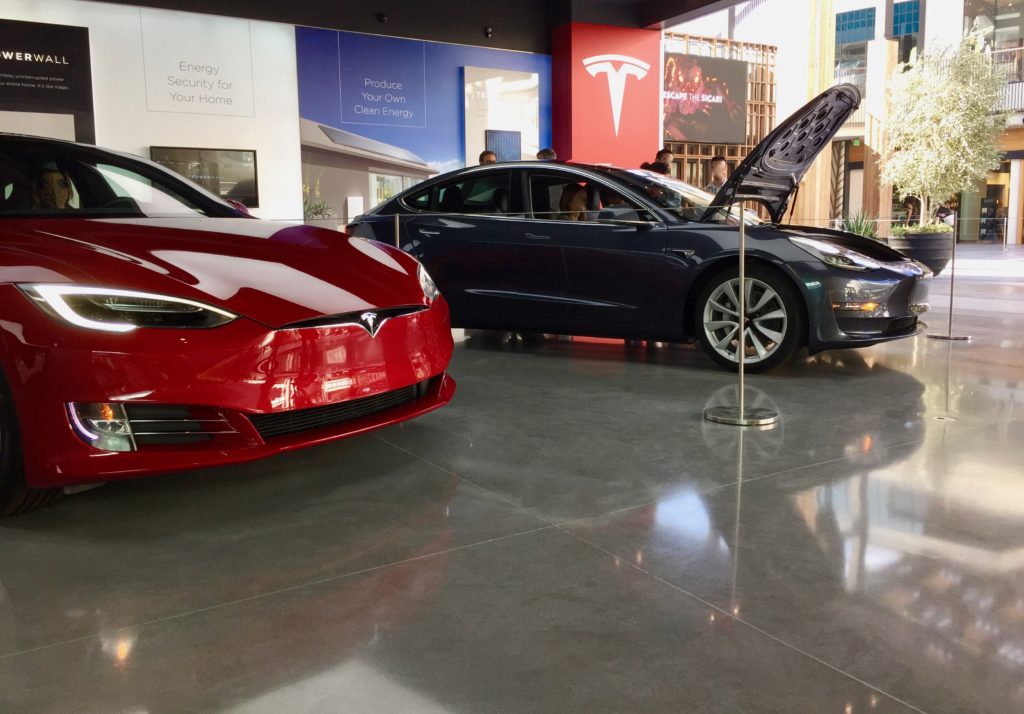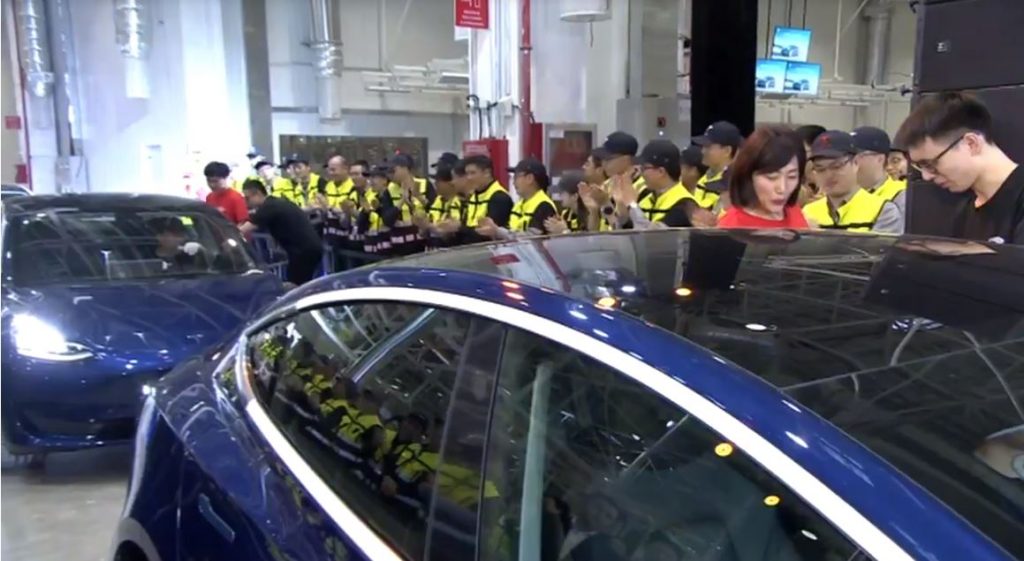Ask any TSLAQ believer about one of the biggest reasons for Tesla’s ongoing success, and there’s a good chance that one will hear the word “subsidies.” More often than not, Tesla critics would argue that the electric car maker has only survived because the US government heavily subsidizes it — and without these subsidies, Tesla would fall.
Unfortunately for TSLA bears, this is not an accurate assumption. In fact, if one were to look at what Tesla has had to deal with in the past years (and is still dealing with today), it would actually be more accurate to state that the company had been “anti-subsidized” for the most part, both in its home country and some key territories abroad.
As thoroughly discussed by Tesla investor KarenRei on Twitter, Tesla actually has dealt with a lot of handicaps when selling its cars to consumers. Take the United States, for example. Being a pure electric car company, it was no surprise that Tesla was the first to trigger a phaseout of the $7,500 tax credit given to EV buyers in the country.

Today, Tesla buyers no longer receive tax credits from the United States government, which means that at this point, the company is taking on traditional automakers solely through its vehicles’ own merits. Buyers of pretty much every other car except the Chevy Bolt still receive a $7,500 tax credit, while those who purchase Teslas do not get any incentives. Yet, despite this, the demand for the company’s vehicles has remained healthy.
Another ghost from Tesla’s past that always emerges in the constant bull vs. bear debates online is the loan that the company received during the US financial crisis. Tesla did receive a loan from the Obama administration, but so did other companies, the biggest of which was General Motors, the quintessential American automaker. Tesla would eventually pay back the $465 million loan it received from the US government — 10 years early. GM, in comparison, defaulted on their own loan. This nifty little detail usually gets a bit overlooked whenever Tesla’s loans are discussed among critics.
But what about state incentives that are granted to Tesla for, say, building Giga Nevada? Well, that’s not particularly unique to the electric car maker, either. It should be noted that it is a pretty common practice for states to offer incentives to attract large corporations to invest and build their facilities within their borders. Doing so triggers an influx of jobs, as well as potentially positive effects for local businesses.

And don’t forget that Tesla is still struggling to formally sell its cars in several US states. It’s almost ironic how Tesla was able to secure land, build a factory, and start delivering locally-produced Model 3s in China to consumers before it was able to get permission to sell its cars in parts of its home country, like Texas.
In other territories, Tesla receives anti-incentives as well. This happened to the Model 3 in Canada, whose EV incentives required the base price of qualified vehicles to start below the cost of the Model 3, effectively excluding Tesla’s most affordable vehicle. This reflected a similar strategy adopted in Germany when the Model S was released in the country.
Keeping these in perspective, it almost seems like governments across the globe earnestly want electric cars to succeed. But when it comes to Tesla, the company has not been handled with kid gloves at all. Far from it. In a way, it seems fair to argue at this point that Tesla’s success, as evidenced by its 112,000 vehicle deliveries in the fourth quarter of 2019, is happening in spite of anti-incentives that are consistently thrown its way. Perhaps, just as argued by the company’s supporters, Tesla’s products just happen to be very compelling for buyers.
H/T @enn_Nafnlaus/Twitter

(adsbygoogle = window.adsbygoogle || []).push({});
<!–
–>
var disqus_shortname = «teslarati»;
var disqus_title = «Tesla is being ‹anti-subsidized› in the US, and it’s thriving in spite of it»;
var disqus_url = «https://www.teslarati.com/tesla-tsla-thrives-in-united-states-anti-subsidy-efforts/»;
var disqus_identifier = «teslarati-128793»;

